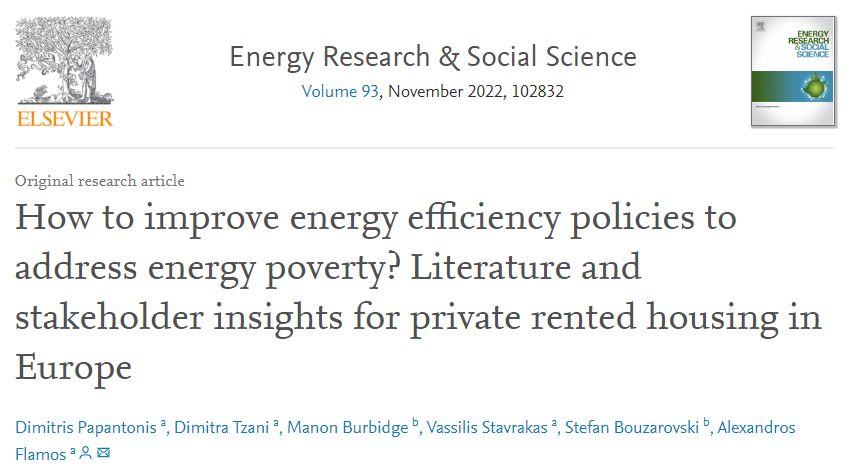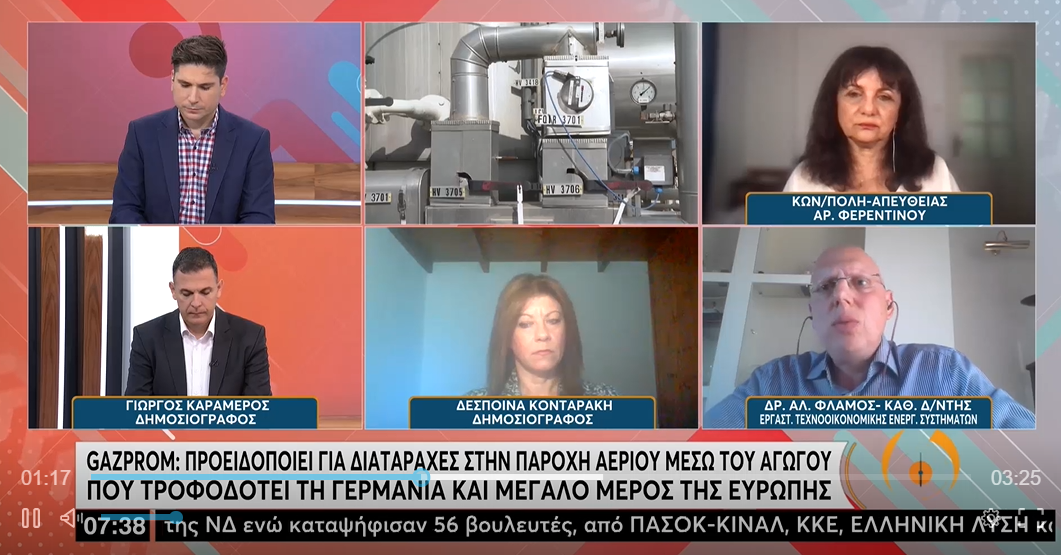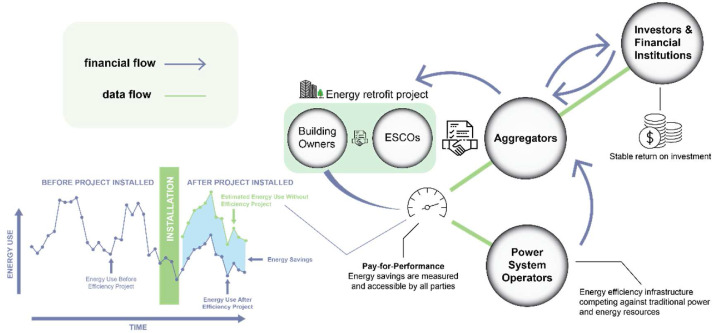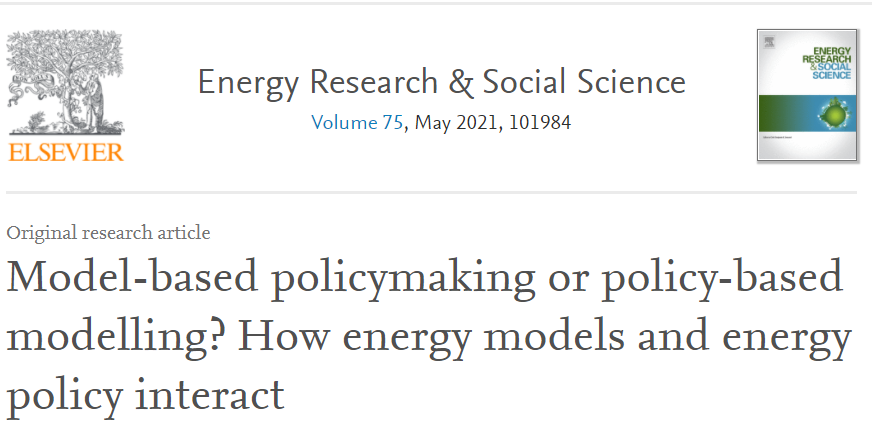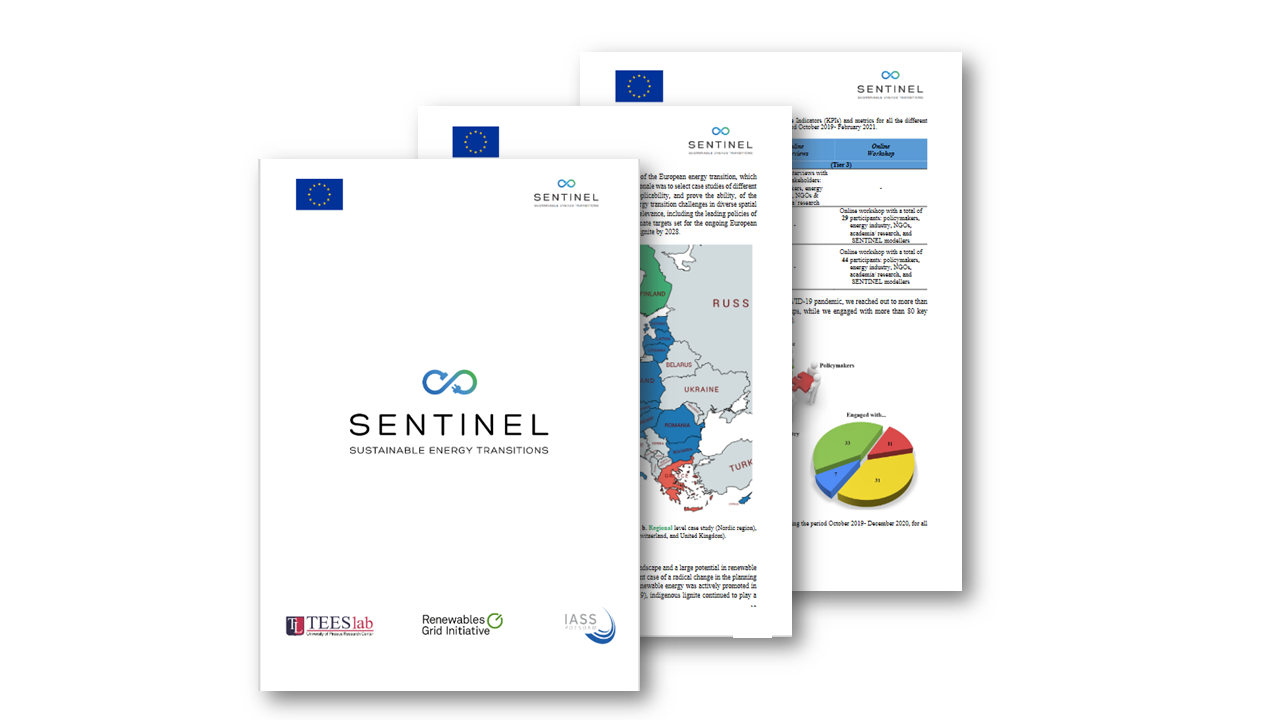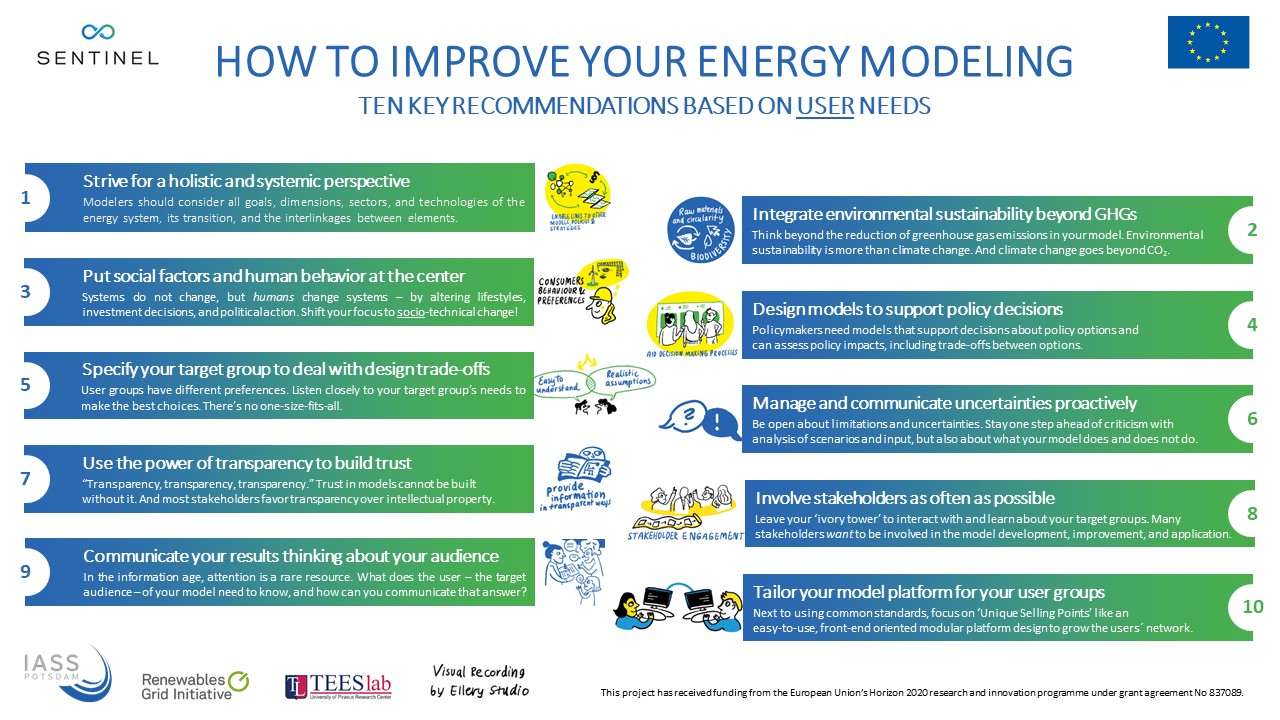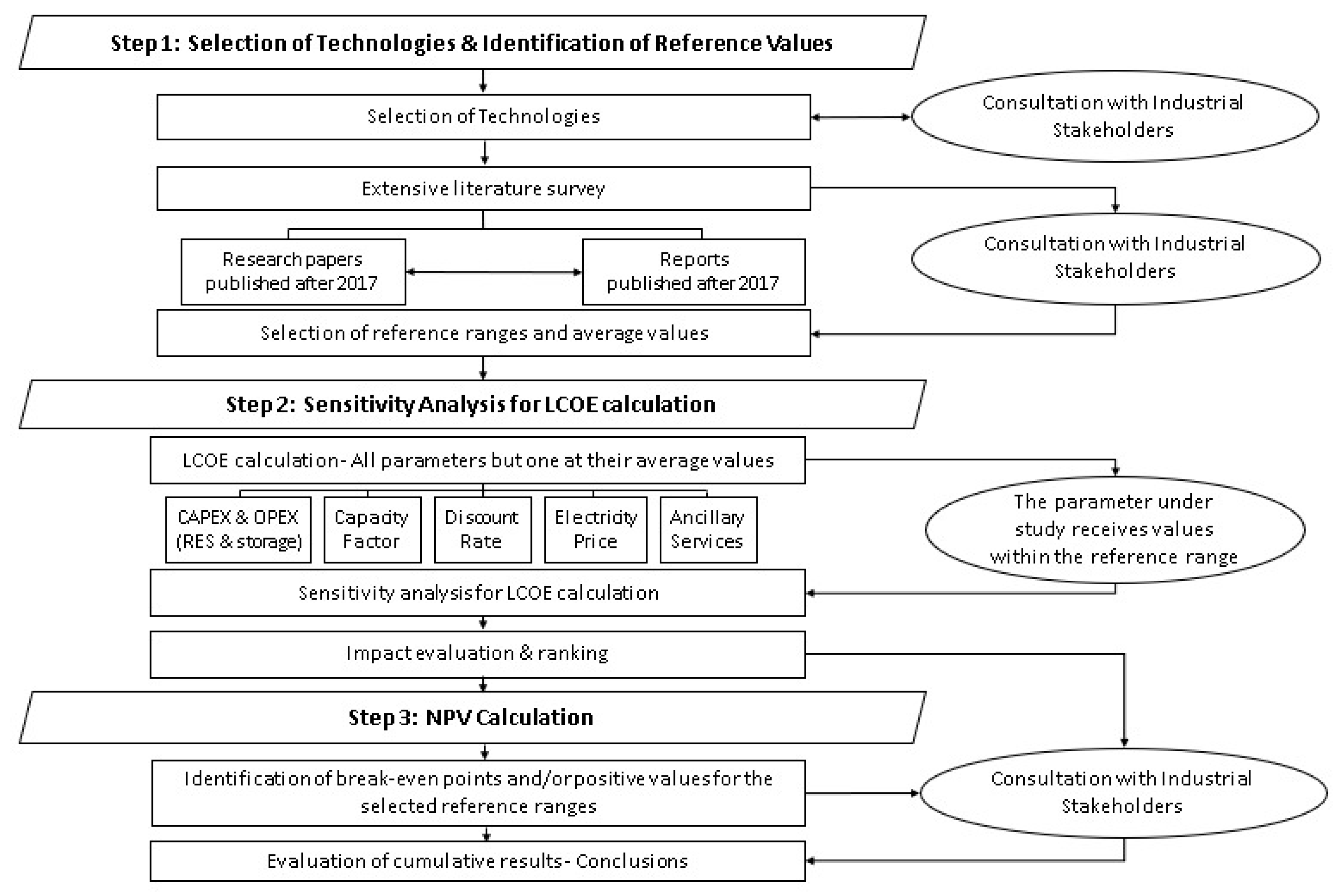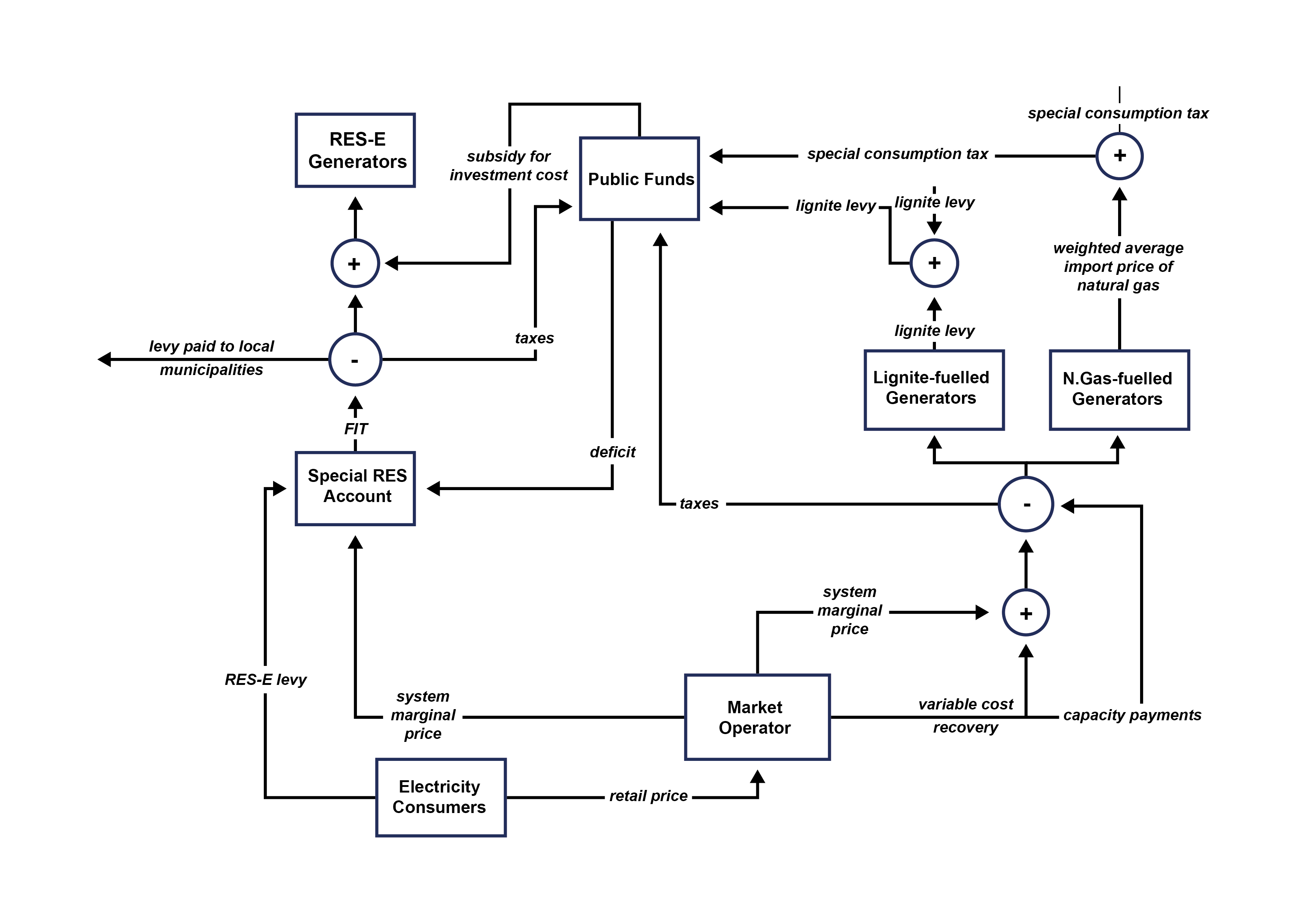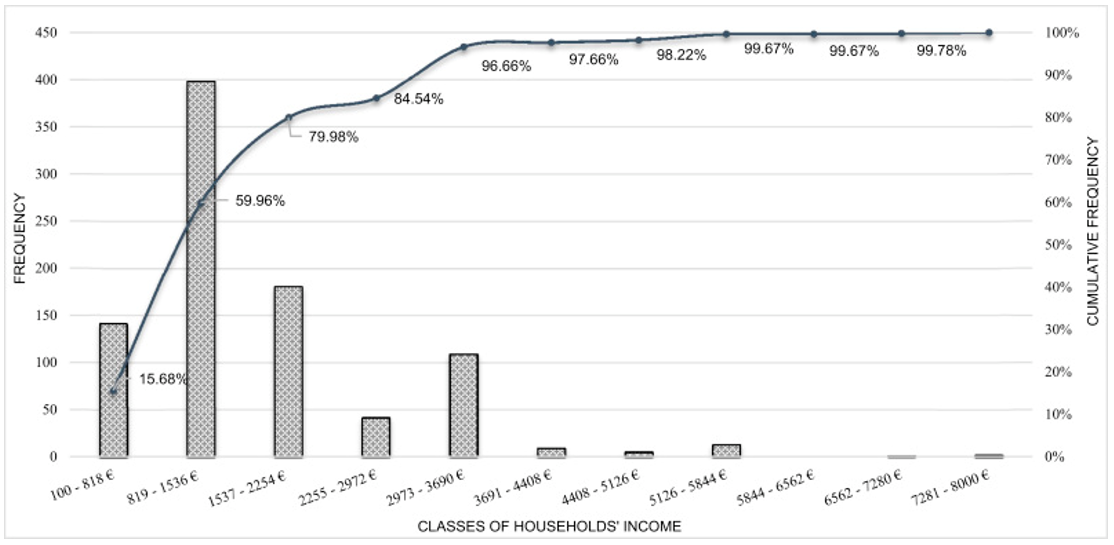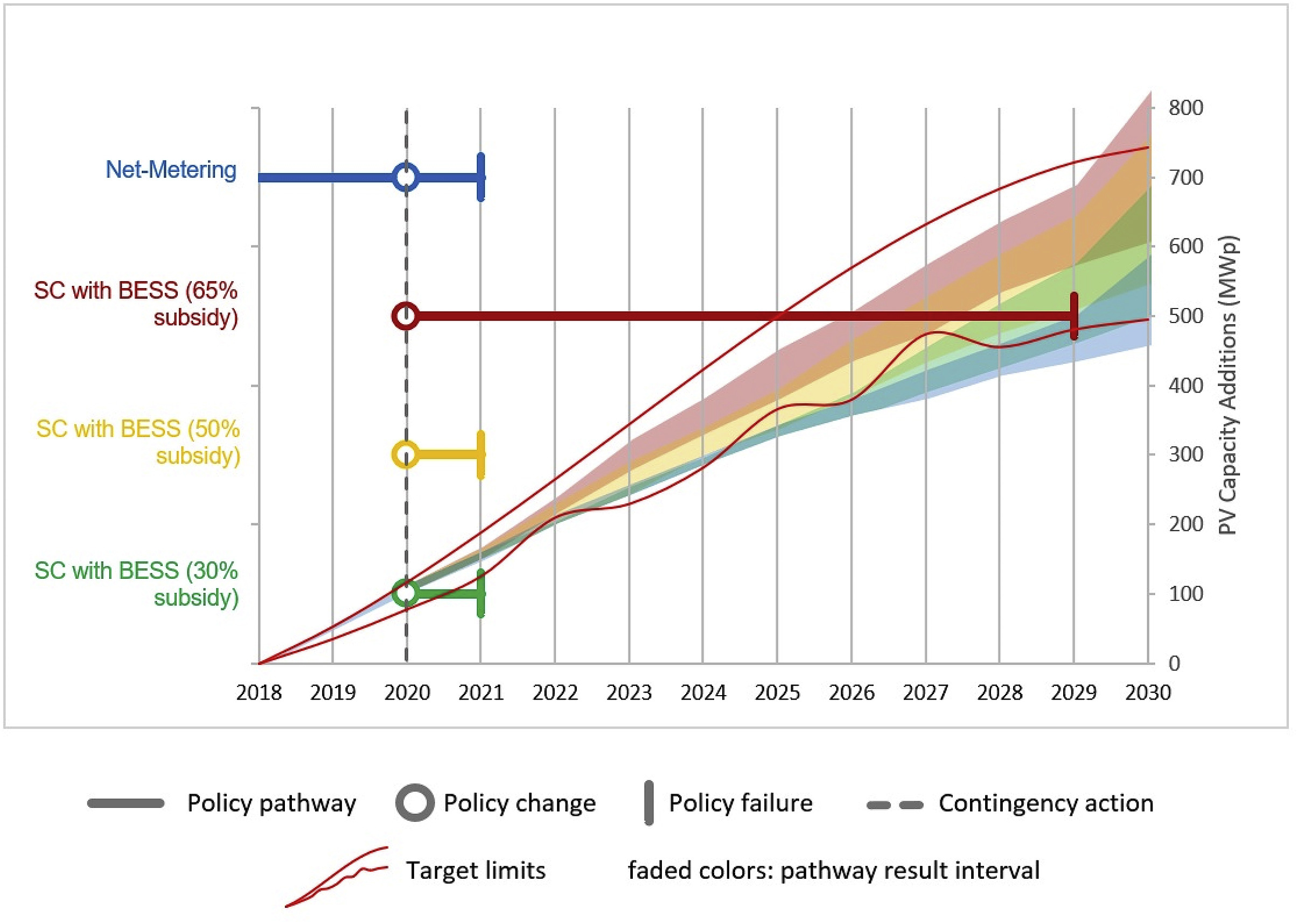-
Test
ENPOR paper: How to improve energy efficiency policies to address energy poverty?
Our new paper entitled “How to improve energy efficiency policies to address energy poverty? Literature and stakeholder insights for private rented housing in Europe” is now published at Elsevier’s Energy Research & Social Science journal! The article is produced by Dimitris Papantonis, Dimitra Tzani, Manon Burbidge, Dr. Vassilis Stavrakas, Stefan Bouzarovski, and Professor Dr. Alexandros […]

-
Test
Prof. Dr. Alexandros Flamos about the Russian natural gas as a tipping point in the transition to climate neutrality by 2050 in Europe
Professor Dr. Alexandros Flamos, director of the Technoeconomics of Energy Systems laboratory (TEESlab), participated in the informative tv show “From 6 o’clock” of the Hellenic Broadcasting Corporation. The discussion that took place focused on the current energy crisis in Europe caused by the Russian invasion in Ukraine. During the discussion, Dr. Alexandros Flamos talked about […]

-
Test
A comparative review analysis on how to design and implement pay-for-performance schemes
The Technoeconomics of Energy Systems Laboratory (TEESlab), in collaboration with the Institute for European Energy and Climate Policy Stichtung (IEECP), the Regulatory Assistance Project (RAP) and the EC H2020 SENSEI Project published a new article in Elsevier’s “Renewable & Sustainable Energy Reviews” journal focusing on how to design and implement Pay-for-Performance programmes. Energy efficiency offers […]

-
Test
Model-based policymaking or policy-based modelling?
We are glad to inform you that our scientific article “Model-based policymaking or policy-based modelling? How energy models and energy policy interact” has been published in the Elsevier’s “Energy Research and Social Science” peer-reviewed journal. As energy models become more and more powerful, they are increasingly used to support energy policymaking. Although modelling has been […]

-
Test
What are the different energy transition challenges in diverse geographical contexts and scales in Europe?
Energy system models are advancing very rapidly and have been a valuable tool towards well-informed decision- and policymaking processes in Europe. However, despite progress so far, models’ complexity often raises questions about their ability to address multifaced issues of the energy transition, especially the ones that matter to model users. Considering that most existing models […]

-
Test
Ten key recommendations on how to improve your energy modelling
Energy models support decision- and policymakers who have to decide on decarbonization strategies and energy policy options. However, energy models are often not geared to the needs of the users. Hence, despite increasing methodological sophistication and rapidly growing detail, the usefulness of models as advice and policy support tools may be limited because they do […]

-
Test
A Comparison of Dispatchable RES Technoeconomics
We are glad to inform you that our work entitled “A Comparison of Dispatchable RES Technoeconomics: Is There a Niche for Concentrated Solar Power? ” has been published in the Energies MDPI journal, detailing the outcomes of our latest research activity carried out in the frame of the EC-funded “H2020 MUSTEC” project. Read our Open […]

-
Test
An Ex-Post Assessment of RES-E Support in Greece
o How is the performance of energy markets affected by the different support mechanisms both in the short- and the long-term? o How can a roadmap of least resistance for a policy measure to attain its goals be developed, without compromising, in parallel, the further development of electricity generation sources? Οur article entitled “An Ex-Post […]

-
Test
Policymaking & energy efficiency: Presentation of results from a survey-based econometric analysis in the Greek residential sector
o What can technology ownership tell us about the adoption of energy efficiency measures? o What is the effect of energy policy on observed technology ownership rates for different energy efficiency measures? o How do lower-income households respond to subsidies? Οur article entitled “Understanding technology ownership to reveal adoption trends for energy efficiency measures in […]

-
Test
Do you have a policy target? We have the AIM to guide you towards success!
We are glad to inform you that our article entitled “A transdisciplinary modeling framework for the participatory design of dynamic adaptive policy pathways” has been published in the Energy Policy journal. Policy targets are set. But how can they be achieved? This article presents the Adaptive Policymaking Model (AIM), a plugin modeling toolbox that provides […]



